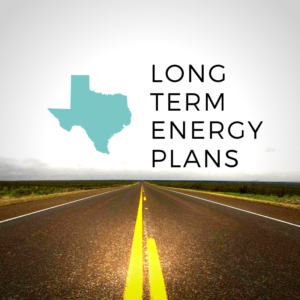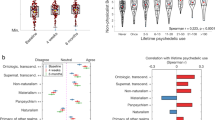Few topics in the power industry are discussed as strongly as nuclear power. For some people, nuclear is an unreliable source of energy. Cheap to produce and low carbon, they say nuclear should be a bigger part of the global energy mix as it shifts from fossil fuels to low carbon and renewable energy.
For others, Amigo Energy Rates , nuclear is as bad if not worse than fossil fuels. They argue that the potential for nuclear fusion like in Chernobyl and Fukushima outweighs the benefits of nuclear power, as do the high costs and difficulties in disposing of the nuclear waste produced.
Pro – Low Carbon
Unlike traditional fossil fuels such as coal, nuclear power does not produce greenhouse gases such as methane and CO2. A nuclear advocacy group, the World Nuclear Association, found that average emissions are 29 tons of CO2 per gigawatt hour (GWh) of energy produced. This compares favorably with sources such as solar and wind and is even better for fossil fuels such as lignite and coal. Nuclear produces about the same or fewer emissions than renewable sources, so it can be considered an environmentally friendly energy source.
Con – If it goes well…
Despite all the safety measures put in place at these nuclear power plants, various factors caused them to melt down, which harmed the environment and the residents who fled the affected areas.
The official death toll for Chernobyl has been reported at 54 people, although this has always been disputed, and the International Atomic Energy Agency (IAEA) has released a figure of 4,000 expected long-term deaths. Is the potential of nuclear power worth the risks of high-energy radio emissions, massive emissions, and billions of billions of lives spent?
Pro – non-stop
A common criticism of renewables like wind and solar is that they only produce electricity when the wind blows or the sun shines. However, nuclear weapons are not sustainable, because nuclear plants can operate continuously for a year or more without stopping or repairing them, making it be a reliable source of power.
Con – Nuclear waste
One of the causes of nuclear power is the amount of nuclear waste it produces. It is estimated that the world produces 34,000 m3 of nuclear waste per year, waste that takes years to degrade.
The anti-nuclear environmental group Greenpeace released a report in January 2019 outlining what it called nuclear waste a “problem” that has “no immediate solution.” One such solution is the nuclear waste “coffin” on Runit Island, which has begun to explode and can release radioactive material.
Pro – Cheap to run
Nuclear power plants are cheaper to operate than coal or gas. It is estimated that even taking into account costs such as the management of radioactive fuel and the safety of nuclear plants costs between 33 and 50% of the heating plant and 20-25% of the combined cycle industry and gas.
The amount of power produced is also greater than many other models. The US Department of Energy (DOE) estimates that replacing 1 GW of nuclear power plants will require 2 GW of coal or 3 GW to 4 GW of renewable sources to produce one unit of electricity.
Con – Expensive to build

The surveillance industry in the United States has recently grown from $3.5 billion to $6 billion, with significant additional funding to support the industry.
South Africa has abandoned the plan to add 9.6 GW of nuclear power to its power plant because of its cost, which was estimated at $ 34 billion $ 84. So while nuclear power plants are inexpensive to operate and produce cheap petroleum, the upfront costs are not included.




